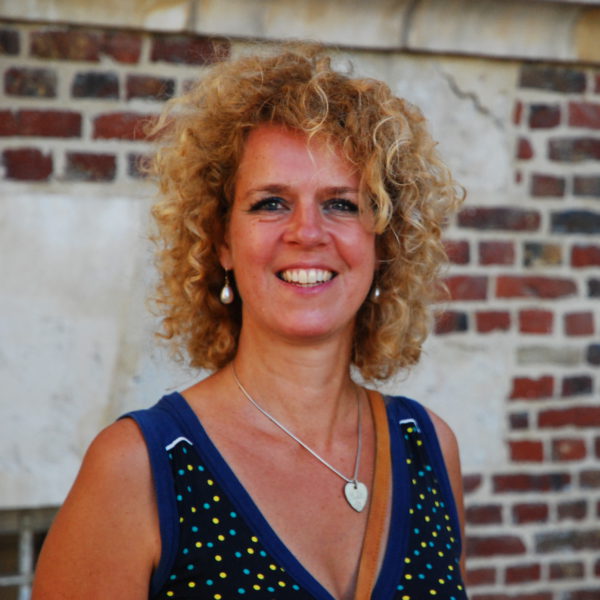As the global population is projected to rise from 8.2 to 10.2 billion by century’s end—driven largely by growth in sub-Saharan Africa—historians and demographers are re-examining the colonial and postcolonial roots of African demographic change.
This project contributes to that debate by centring reproductive health and gender dynamics in Southeast Africa from 1890 to the present. Focusing on four local communities with Catholic mission hospitals, the project examines the long-term demographic impact of missionary medicine and missionaries’ cultural intervention in women’s intimate lives.
Drawing on diaries, annual reports, parish registers, and patient records, it explores how biomedical practices and family models introduced by missionaries intersected with local norms to reshape social roles, healthcare access, and reproductive outcomes.
By tracing these legacies across the twentieth and early twenty-first centuries, the project offers new insights into the historical roots of health disparities and demographic change in Africa.

